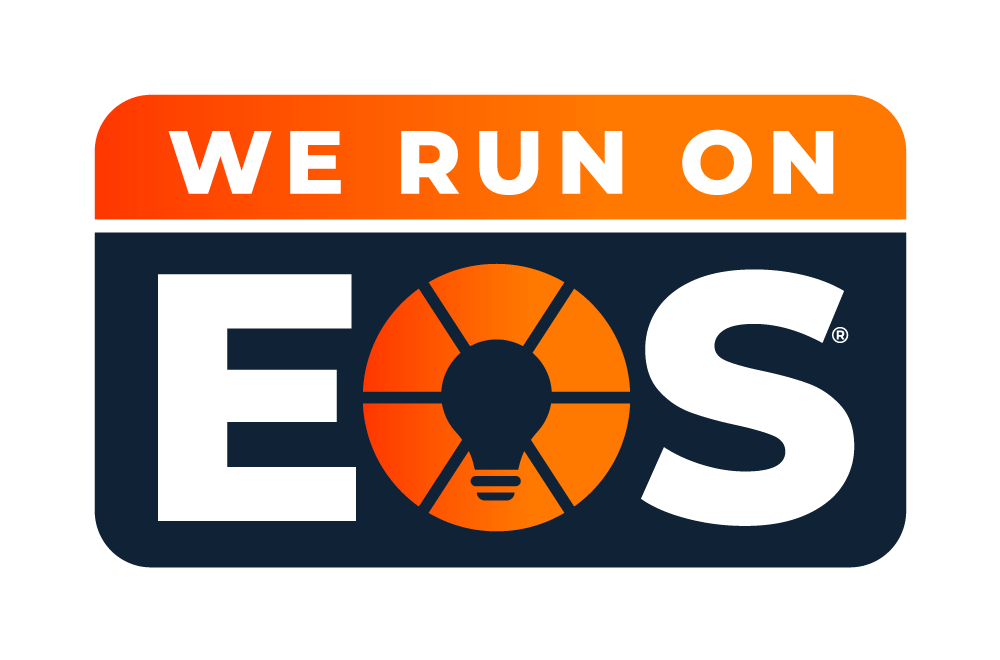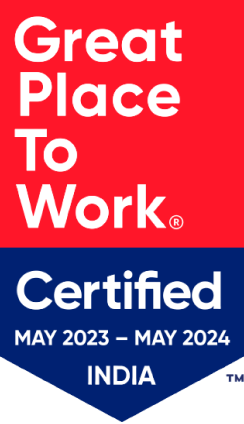Increased
Cost
The use of multiple systems on different platforms increases a manufacturer’s IT costs for application licensing, implementation, custom integrations, and support.
Costly
Customizations
Utilizing a legacy or entry-level ERP system that relies heavily on expensive customizations and one-off integrations is difficult to maintain and support.
Missed
Opportunities
Manufacturers who have an inefficient manufacturing process can easily have delayed customer shipments and increased costs.
Poor Data
Visibility
Without the use of an appropriate ERP system, your data becomes siloed, preventing manufacturing management from making critical business decisions with the best information. Siloed data can create confusion and
result in unhappy customers and lost revenue opportunities.
Limited
Extensibility
It is difficult and often impossible to connect legacy systems with current business and industry technologies. Without an ERP, manufacturers are unable to automate processes and connect data from external systems or
machines.
Unhappy
Customers
Poor communications, late deliveries, product quality issues and delayed access to information can result in negative customer experiences.
































